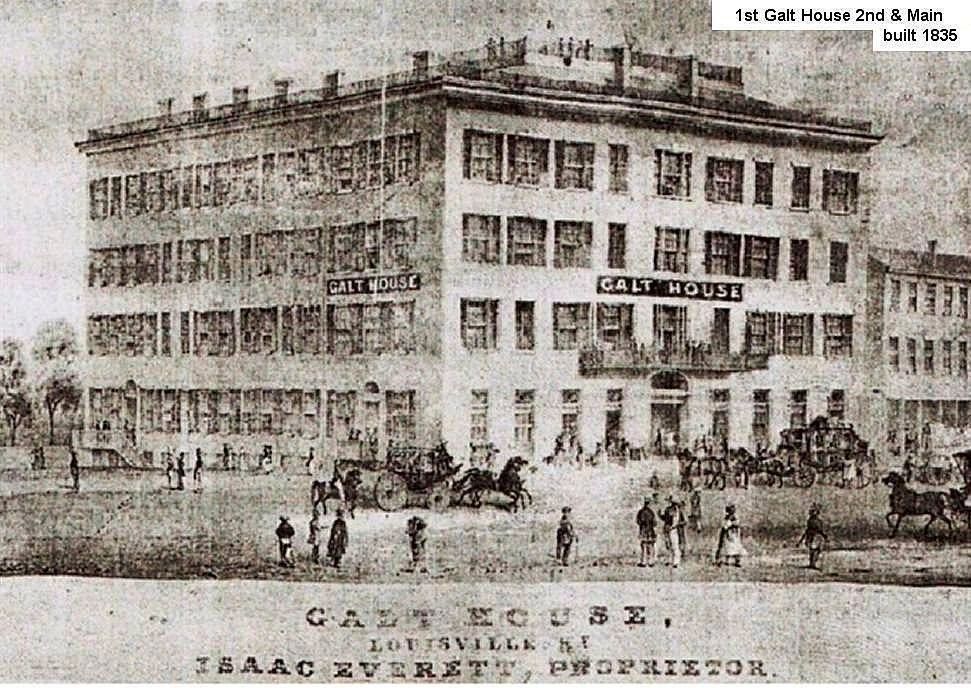A US that's more inwardly focused and suffering a double whammy of losing against Britain and possibly the CSA isn't going to be as able to prevent European intervention and influence the Americas, the Monroe Doctrine would likely be as good as dead in this scenario. Especially if France has greater success in Mexico.
Would Britain try and step up to prevent other European countries from gaining to much influence in this region? Germany/Prussia is an obvious contender here but I think Italy if they smelled an opportunity would try and throw their hat in the ring.
In the immediate aftermath of the war (sort of like Reconstruction OTL) I can say the US is going to be extremely introverted as certain political battles rip old alliances apart.
As for the European powers, with France trying to establish a toehold in Mexico, Britain already in the Caribbean, and Spain just trying to keep what it has, let's just say there's less room for competition.
Now for influence in Latin America... there's room for possibilities.
